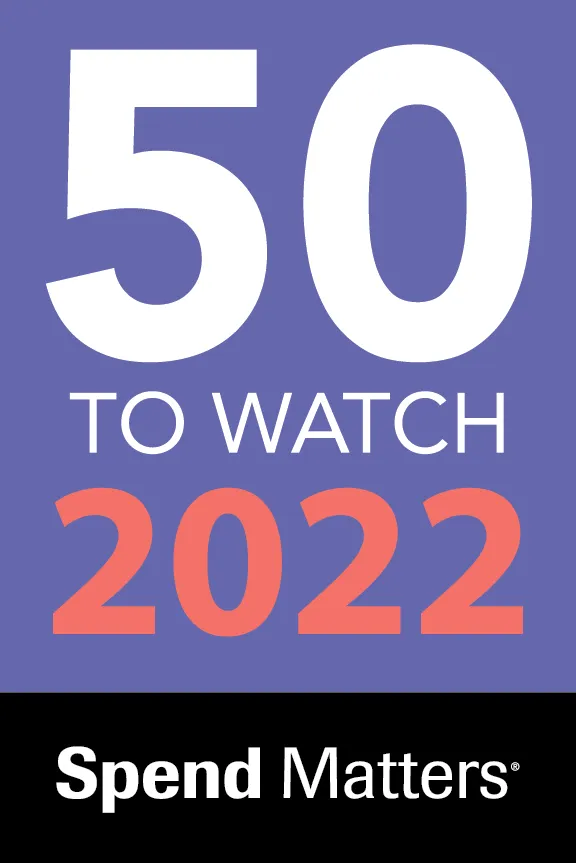Patagonia called themselves an unsustainable brand.
This bold move of openly acknowledging their own unsustainability and how it aligns with their core values and customer values is a masterclass in how to position your brand’s Supply Chain Risk Management and ESG efforts. Read on.
Patagonia has earned immense respect and recognition as a sustainable and ethical brand. The company has consistently demonstrated a deep commitment to environmental and social responsibility throughout its operations. Patagonia's sustainability initiatives span various aspects, including responsible sourcing of materials, reducing carbon emissions, supporting fair trade practices, and investing in renewable energy. The brand's transparency and authenticity have allowed it to build a loyal customer base who values its unwavering dedication to sustainability. Patagonia's commitment extends beyond marketing claims, as it has actively engaged in advocacy for environmental causes and supported grassroots movements. By integrating sustainability into its business model and taking a stand on important issues, Patagonia has become a symbol of integrity and a beacon of hope in the pursuit of a more sustainable and ethical future. Even will all this commitment, they publically state they are not ‘sustainable’.
Patagonia's decision to label themselves as "unsustainable" demonstrates a remarkable level of intellectual honesty. They are telling the truth by telling the world that with all their efforts they are still not perfect, and that’s ok. Patagonia's transparency earns the trust and respect of their customers, and this statement is just another expression of that trust. This intellectual honesty resonates with a growing segment of consumers who value authenticity and are well-informed about the limitations faced by businesses operating in a global economy.
Progress > Perfection
Here is why honesty is marketing genius. By calling themselves "unsustainable," Patagonia engaged in a form of reverse psychology. This approach challenges conventional marketing strategies and generates attention and discussion. It presents an opportunity for consumers to reflect on their own consumption habits and consider the broader environmental issues at hand.
According to a study published in the Journal of Consumer Psychology, brands that admit their shortcomings and demonstrate honesty are perceived as more trustworthy, leading to increased customer loyalty and positive word-of-mouth. Making sustainability claims, sometimes called ‘greenwishing’ has been the gold standard of marketing teams for the last five years, but claims without progress tend to tarnish with time, even with the best intentions. Consumers care less about what your brand will do in 20 years than how honest you are today. We believe intellectual honesty is the next big shift in sustainable marketing. Consumers appreciate and respond positively to brands that display authenticity and transparency.
Brands are facing more and more challenges to their operations around the world, in particular to how their supply chain may adversely affect people and planet. New trade compliance requirements like the Uyghur Forced Labor Prevention Act (UFLPA), the German Supply Chain Due Diligence Act (LKSG), the Canada Modern Slavery Act, and the EU Corporate Sustainability Due Diligence Directive are driving brands to see sustainability and ethical sourcing through the lens of progress, not perfection. There has never been, nor never will be, a perfectly ethical or sustainable supply chain. To measure yourself against perfection (ie sustainable) is failure. Patagonia has officially taken that notion off the table.
Brands demonstrating intellectual honesty share what they get right, and wrong. Rather than merely focusing on accomplishments, intellectual honesty sparks conversations, challenges consumer behavior, and encourages individuals to make more conscious choices. Patagonia's intellectual honesty, as exemplified by their self-proclaimed "unsustainable" label, has proven to be pure marketing genius. By embracing their limitations, Patagonia garners trust, engages consumers in dialogue, and motivates them to take responsibility for their own impact. This approach demonstrates the power of intellectual honesty in marketing, solidifying Patagonia's reputation as a socially responsible brand and inspiring others to adopt similar strategies of transparency and authenticity.
FRDM is all about progress! We help companies drive compliance and improvement of ethics and sustainability in their supply chains. To learn more go to frdm.co.
Hobson, N. (2021, September 29). Patagonia Just Called Themselves an Unsustainable Brand: Why It's Genius Marketing. Inc. Retrieved from: https://www.inc.com/nick-hobson/patagonia-just-called-themselves-an-unsustainable-brand-why-its-genius-marketing.html









